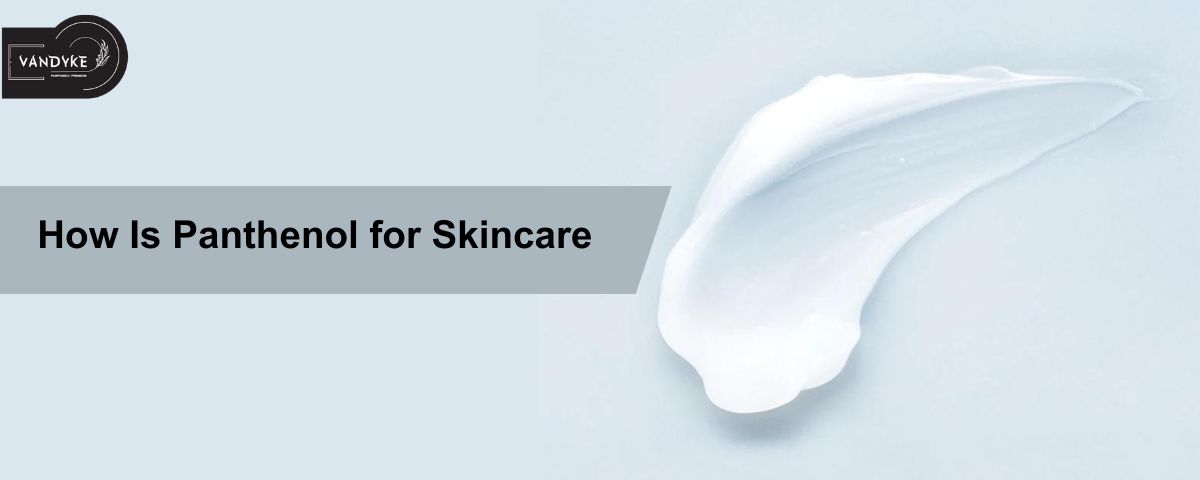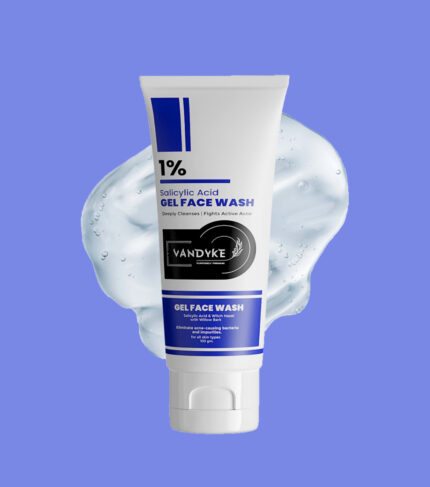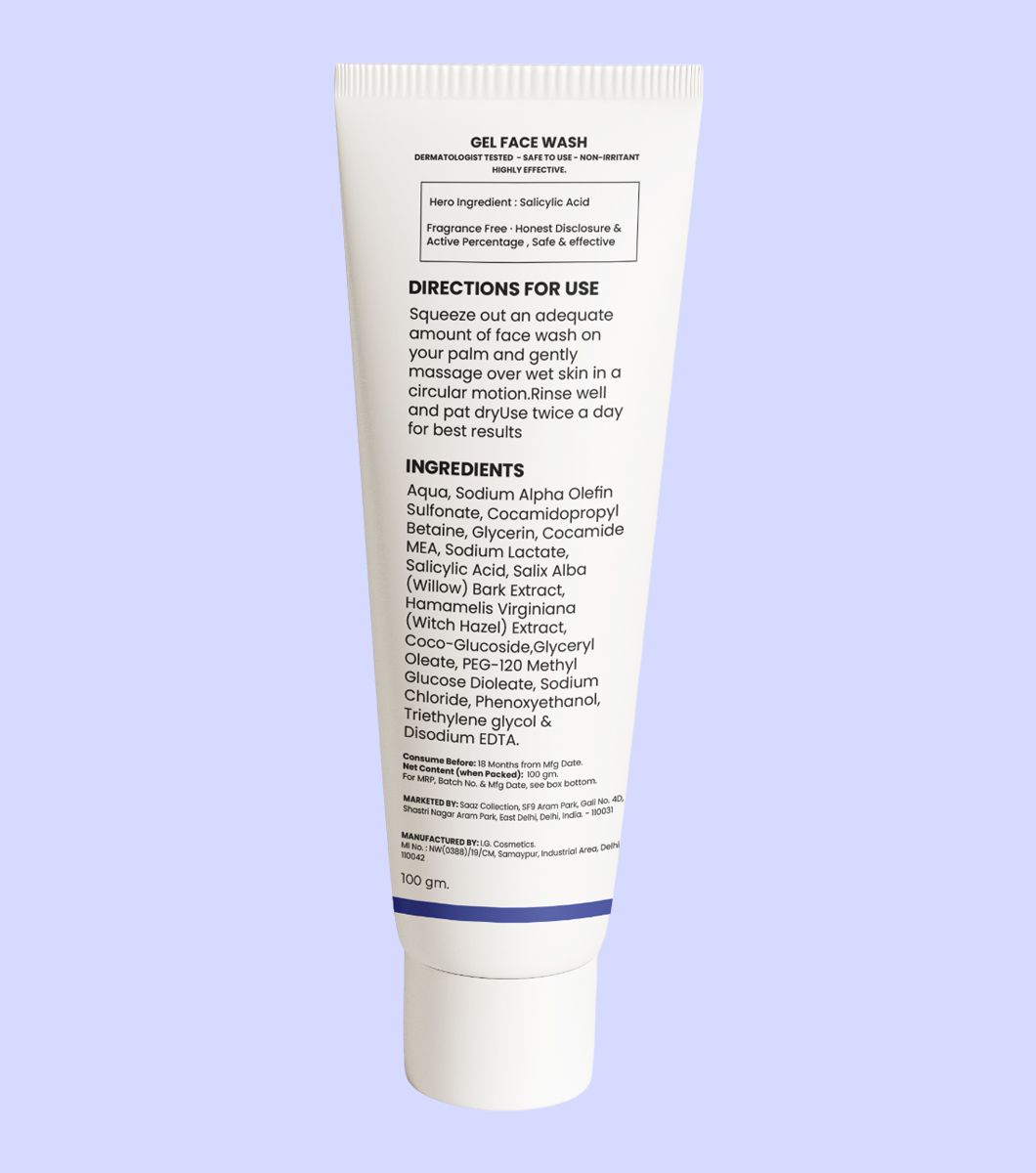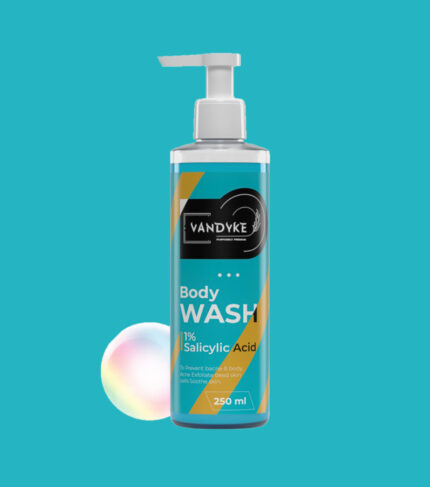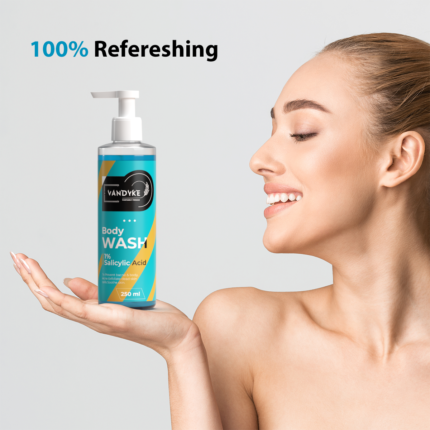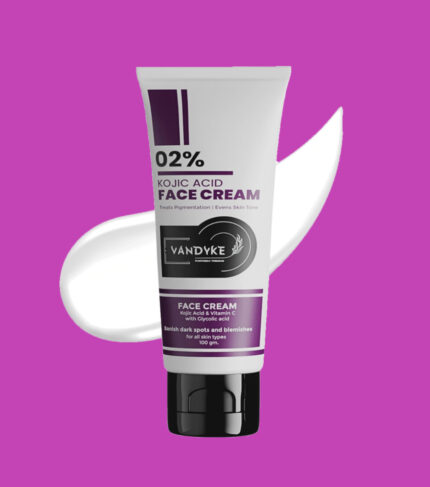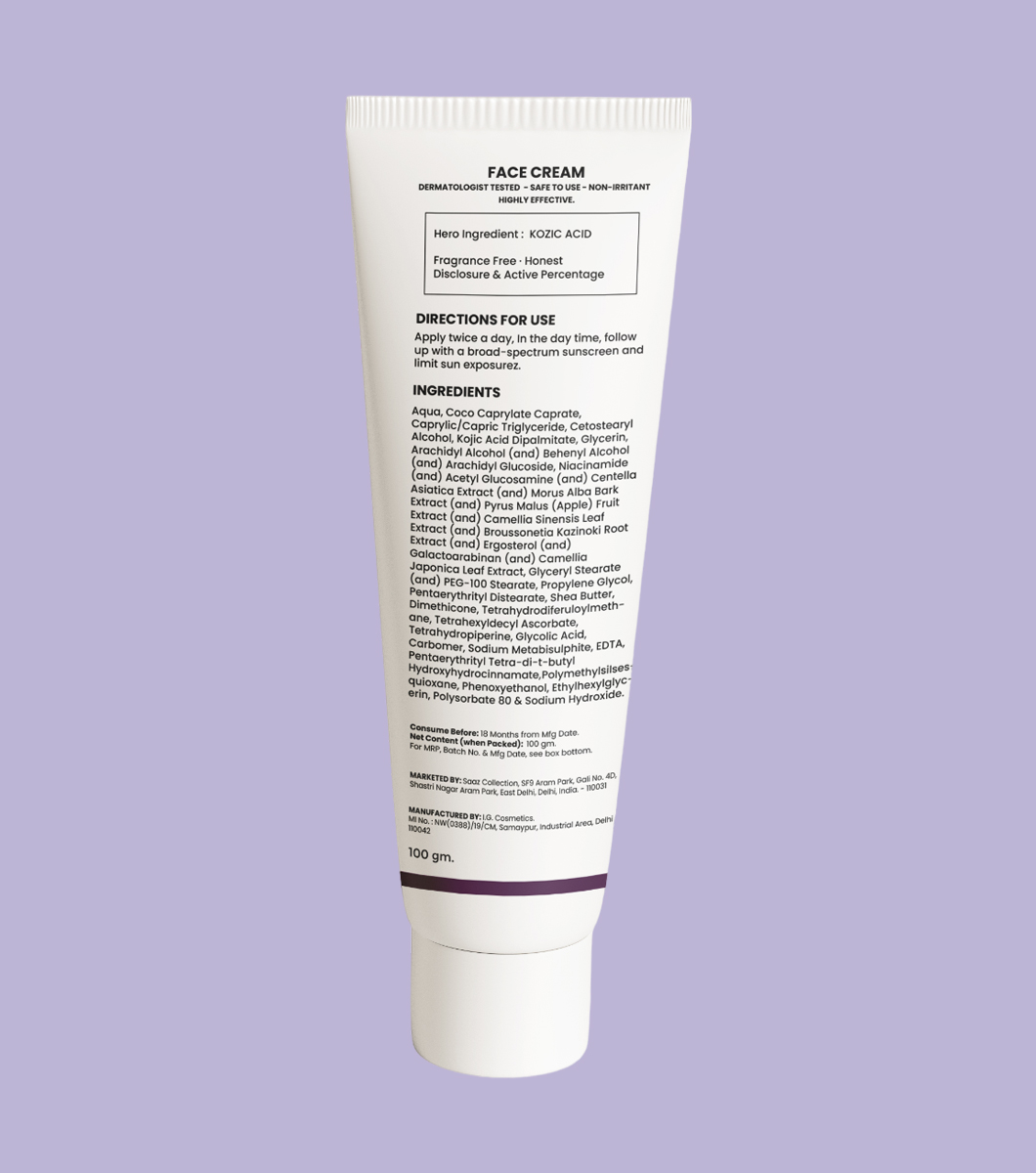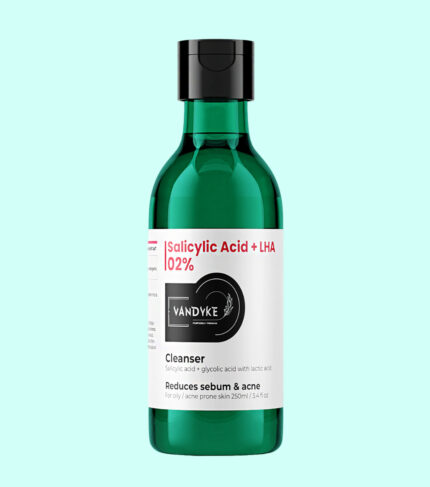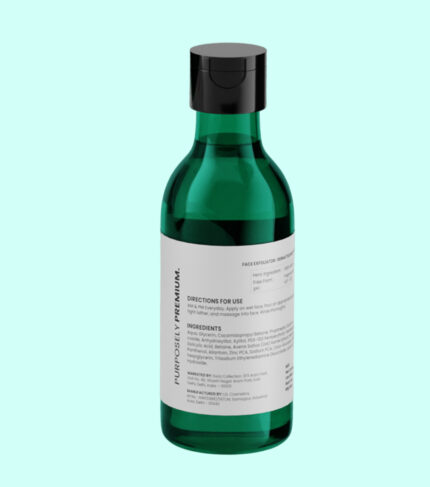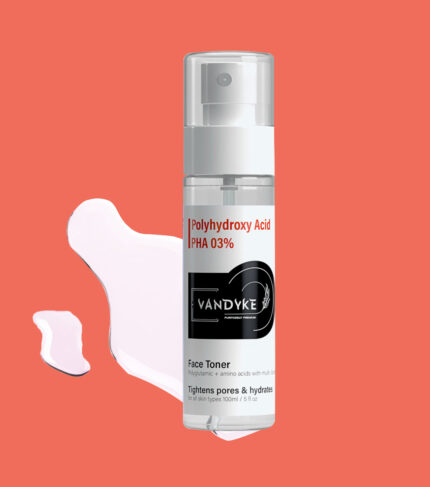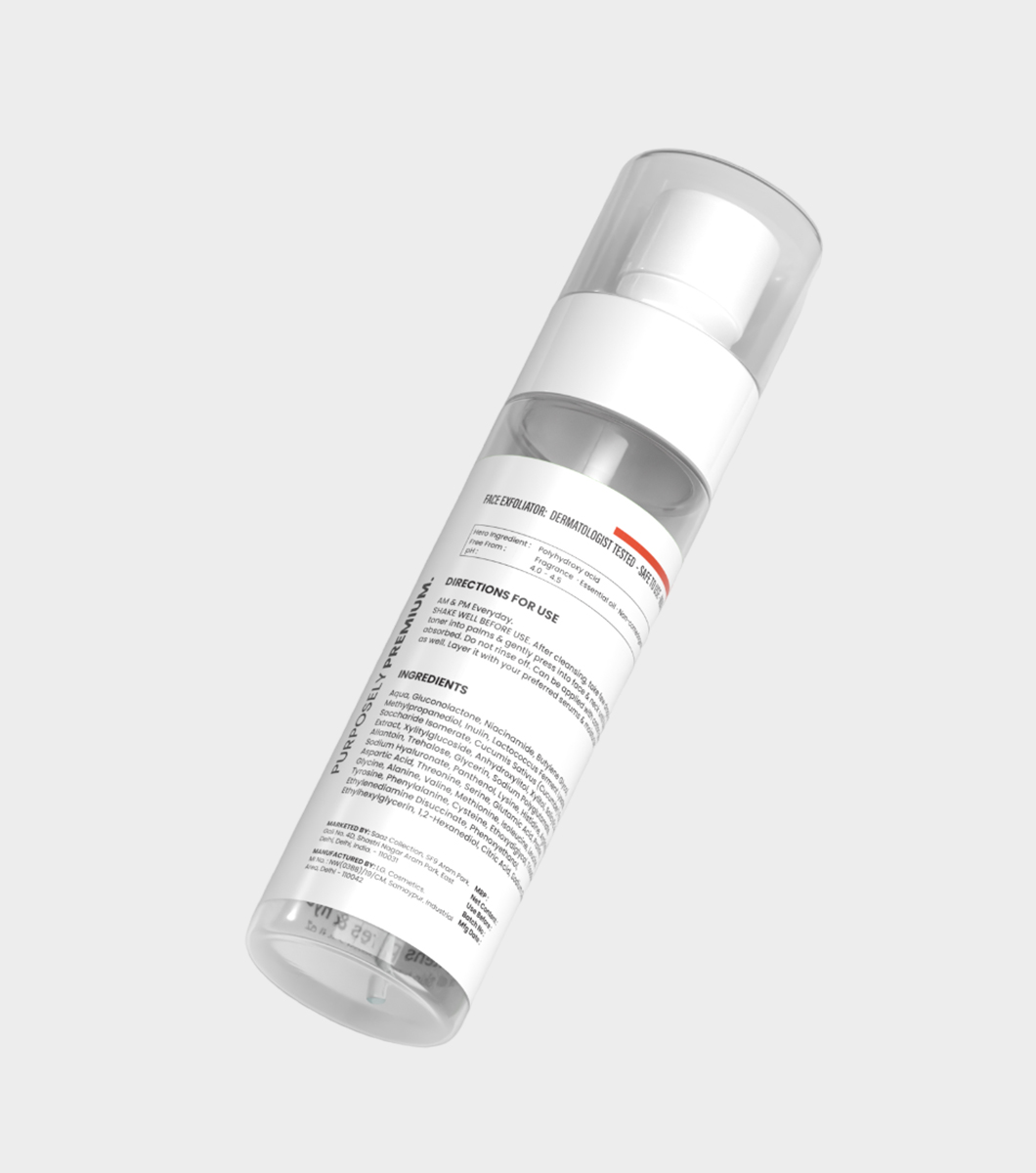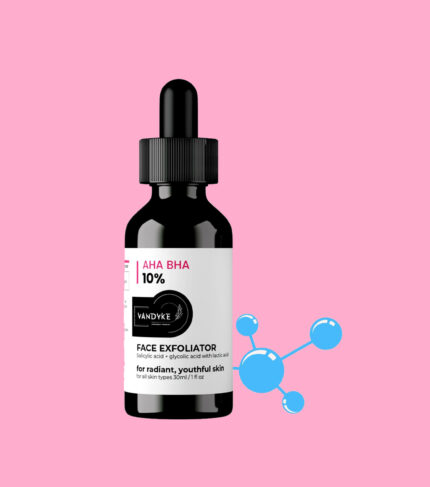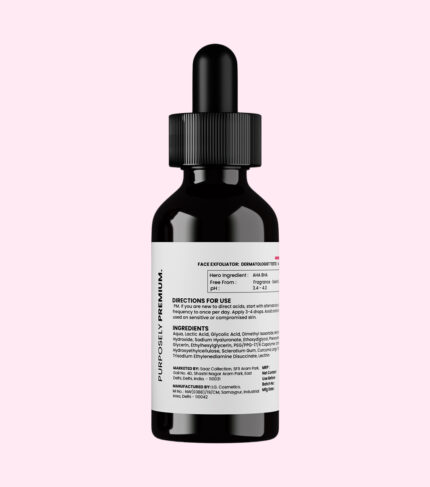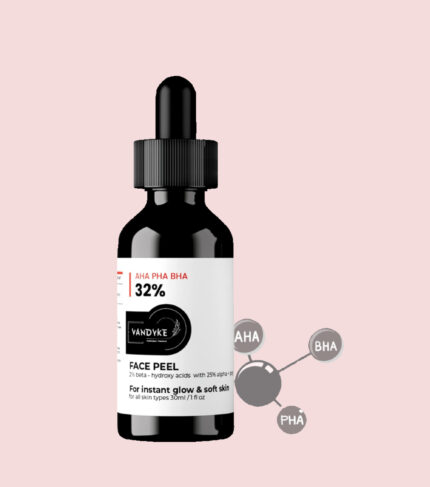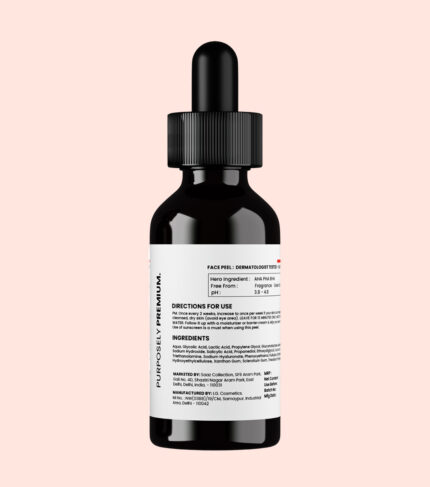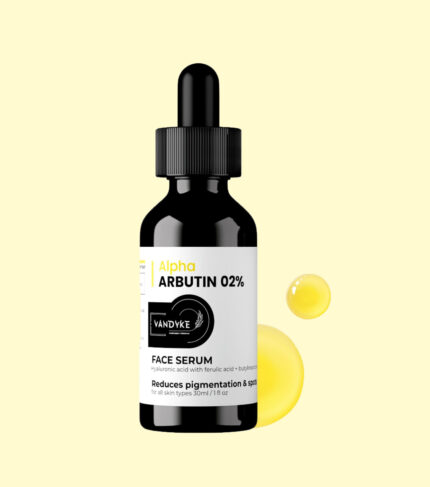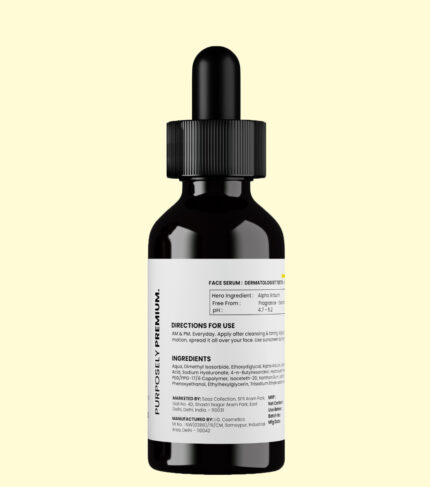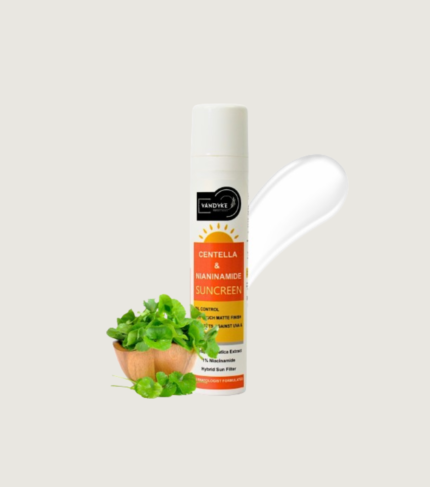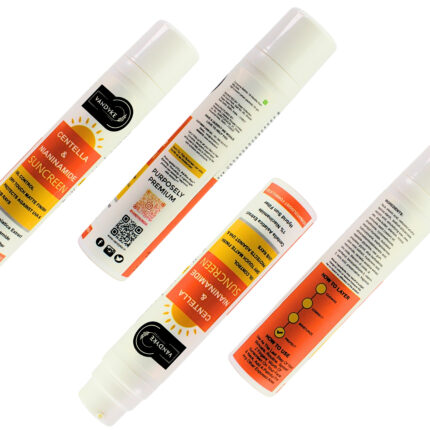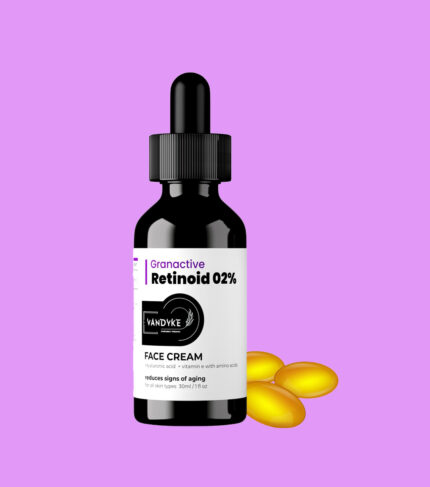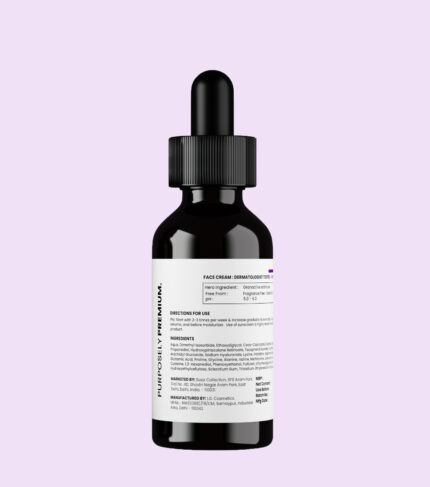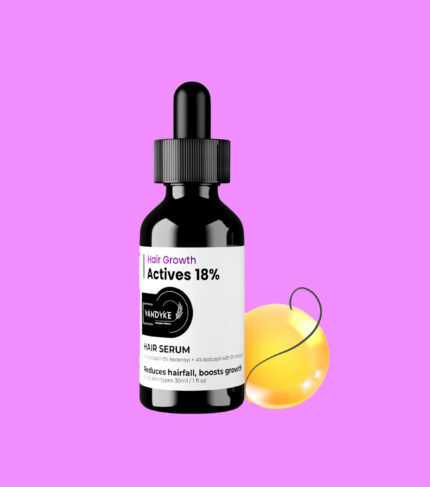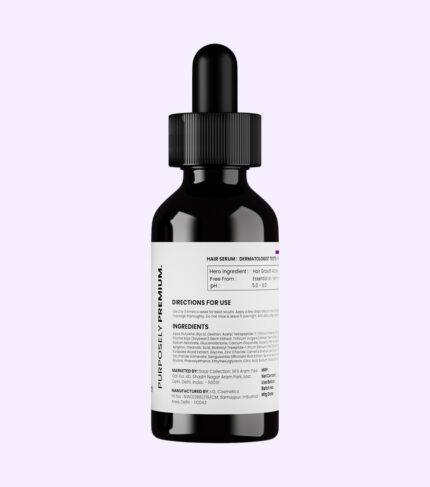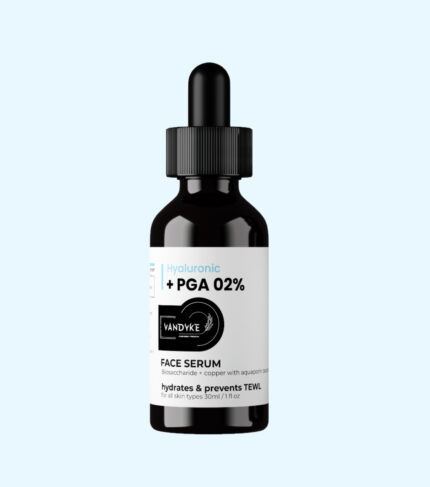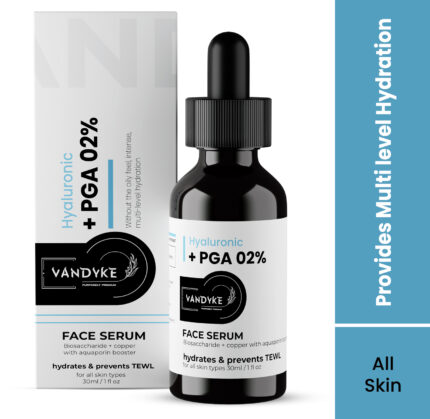How Is Panthenol for Skincare
In the vast landscape of skincare ingredients, panthenol emerges as an unsung hero, quietly but effectively contributing to the health and vitality of our skin. Also known as provitamin B5, panthenol is a water-soluble alcohol that belongs to the B-vitamin family. Its versatile properties make it a staple in numerous skincare formulations, ranging from moisturizers to serums. In this deep dive into the world of panthenol, we’ll explore its origins, delve into its myriad benefits, and understand why it deserves a place of prominence in your skincare routine.
The Origins and Science of Panthenol:
Panthenol is derived from pantothenic acid, a B-vitamin that is vital for synthesizing coenzyme A, an essential component in various metabolic processes. When panthenol comes into contact with the skin, it undergoes enzymatic conversion to pantothenic acid, which is then readily absorbed by the skin cells. This conversion is key to panthenol’s efficacy in skincare, as it enables the vitamin to actively participate in cellular processes, promoting overall skin health.
Hydration and Moisture Retention:
One of panthenol’s standout features is its exceptional ability to attract and retain moisture. As a humectant, panthenol pulls water from the environment and binds it to the skin, creating a hydrating barrier that helps prevent moisture loss. This moisture-locking property makes panthenol a go-to ingredient for individuals with dry or dehydrated skin, offering a replenishing and soothing effect.
Skin Barrier Support:
A robust skin barrier is crucial for maintaining healthy skin, and panthenol plays a pivotal role in fortifying this protective layer. By promoting the synthesis of lipids, panthenol strengthens the skin barrier, reducing the risk of environmental aggressors infiltrating the skin. This barrier support not only helps in retaining moisture but also contributes to skin resilience, making it less susceptible to irritation and damage.
Anti-Inflammatory Properties:
Panthenol’s anti-inflammatory properties make it a boon for those with sensitive or irritated skin. It helps calm redness and soothe inflammation, making it a valuable ingredient for individuals dealing with conditions like eczema or rosacea. Applying skincare products enriched with panthenol provides a gentle and nurturing touch, alleviating discomfort and promoting a more balanced complexion.
Wound Healing and Skin Regeneration:
The skin’s ability to repair itself is a fascinating aspect of its biology, and panthenol actively supports this regenerative process. By aiding in the production of fibroblasts, the cells responsible for collagen and elastin synthesis, panthenol accelerates wound healing and promotes the formation of healthy new tissue. This makes it an excellent ingredient for addressing scars, minor wounds, or post-inflammatory hyperpigmentation.
Sunburn Relief and UV Protection:
Panthenol also offers a soothing remedy for sun-exposed skin. When applied topically, it helps alleviate the discomfort associated with sunburns by reducing redness and promoting healing. Additionally, panthenol contributes to the skin’s natural defenses against UV radiation. While it’s not a substitute for dedicated sunscreens, products containing panthenol can complement sun protection measures, providing an added layer of defense against environmental stressors.
Panthenol in Hair Care:
Beyond skincare, panthenol extends its benefits to hair care products. Its moisturizing properties make it a popular addition to shampoos and conditioners, contributing to improved hair texture and manageability. Panthenol also forms a thin film on the hair shaft, enhancing its shine and providing a protective layer that helps minimize damage from styling and environmental factors.
Choosing and Incorporating Panthenol into Your Routine:
Selecting products enriched with panthenol involves considering your specific skincare needs. Moisturizers, serums, and ointments containing panthenol are widely available. Look for concentrations that suit your preferences and skin requirements. Panthenol is generally well-tolerated by most skin types, including sensitive skin, but as with any skincare ingredient, it’s wise to conduct a patch test, especially if you have known sensitivities.
For maximum benefits, incorporate panthenol into your routine strategically. For daily hydration, consider a moisturizer containing panthenol. If you’re dealing with specific skin concerns like redness or irritation, a targeted serum may be more beneficial. In hair care, explore shampoos and conditioners that feature panthenol for an added boost of hydration and shine.
The Future of Panthenol in Skincare:
As the skincare industry continues to evolve, the role of panthenol is likely to expand. Its well-established hydrating and soothing properties, coupled with its support for skin regeneration, position it as a timeless ingredient that caters to a diverse range of skin types and concerns. Innovations in formulation and delivery methods may further enhance panthenol’s efficacy, unlocking new possibilities for addressing evolving skincare needs.
Conclusion:
In the grand tapestry of skincare ingredients, panthenol stands as a versatile and reliable ally. From hydrating parched skin to calming inflammation and aiding in wound healing, its contributions are far-reaching. As you curate your skincare routine, consider the inclusion of panthenol as a foundational element. Embrace the science-backed benefits of this unsung hero, and let your skin revel in the nourishing embrace of provitamin B5. Panthenol may be unsung, but its impact on skincare is undoubtedly harmonious.
FAQs
What is Panthenol?
Panthenol is a provitamin of B5 (pantothenic acid), commonly used in skincare and hair care products.
How does Panthenol benefit the skin?
Panthenol helps moisturize and soothe the skin, promoting hydration and reducing inflammation.
Is Panthenol safe for sensitive skin?
Yes, Panthenol is generally well-tolerated and suitable for sensitive skin types.
Does Panthenol have any side effects?
Panthenol is considered safe, but in rare cases, it may cause mild irritation. Always patch test before regular use.
Can Panthenol be used for hair care?
Absolutely. Panthenol is known to improve hair texture, add shine, and enhance moisture retention.
Is Panthenol suitable for all hair types?
Yes, Panthenol is suitable for various hair types, including dry, damaged, and color-treated hair.
How is Panthenol different from Pantothenic Acid?
Panthenol is the alcohol analog of Pantothenic Acid (Vitamin B5). Both can benefit the skin and hair.
Can Panthenol be used during pregnancy?
Consult with a healthcare professional, but Panthenol is generally considered safe for use during pregnancy.
Is Panthenol found in natural sources?
While it occurs in small amounts in some foods, the Panthenol used in skincare and hair products is often synthetic.
Does Panthenol have anti-aging properties?
While it can improve skin hydration and elasticity, it’s not a direct anti-aging solution. It complements a skincare routine.
Can Panthenol be used in combination with other skincare ingredients?
Yes, Panthenol is compatible with many skincare ingredients and can be part of a well-rounded skincare regimen.

